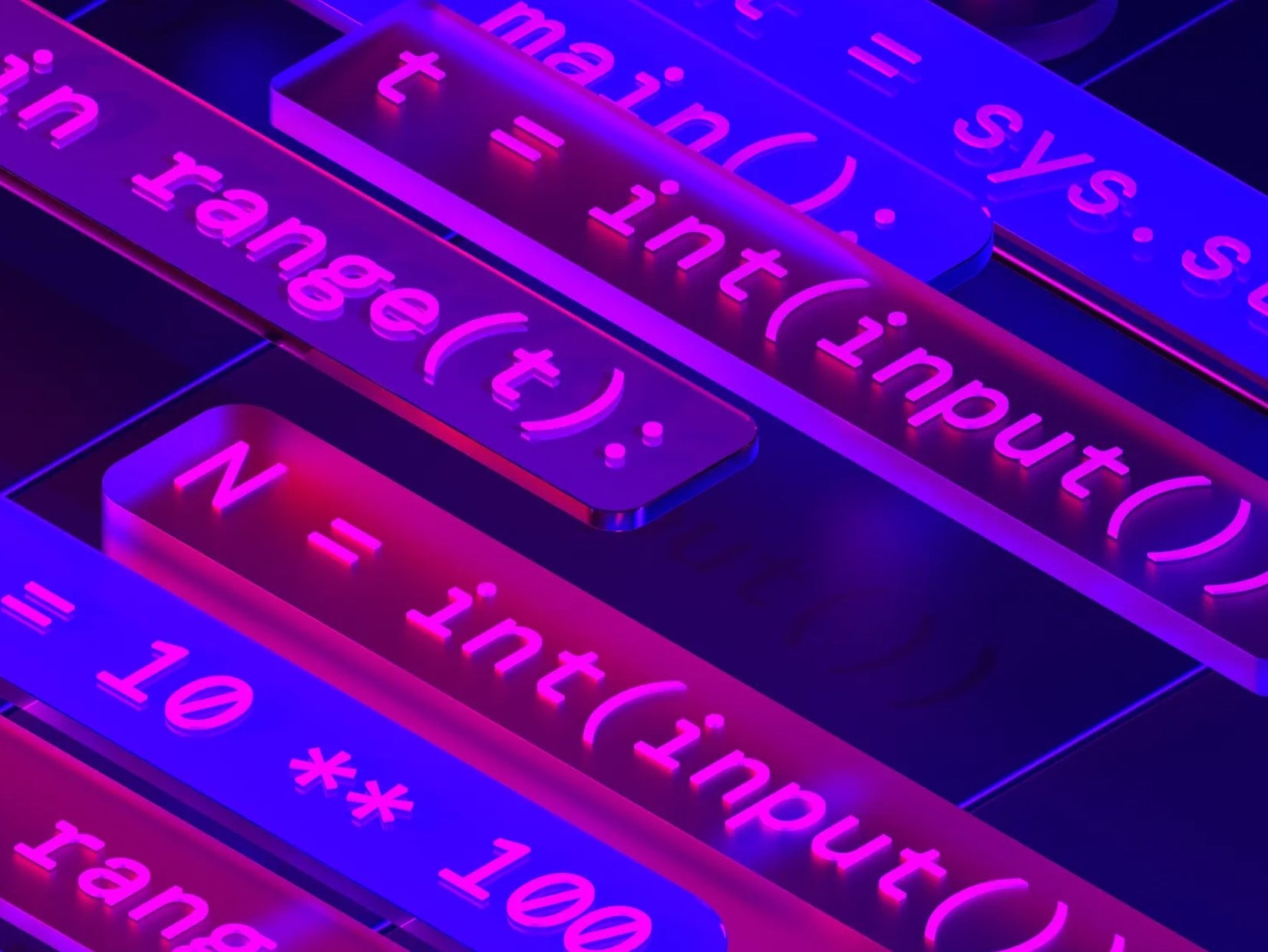Google’s DeepMind AI can now code better than humans
AlphaCode can undertake tasks involving human-level critical thinking ‘at an unprecedented scale’

Your support helps us to tell the story
From reproductive rights to climate change to Big Tech, The Independent is on the ground when the story is developing. Whether it's investigating the financials of Elon Musk's pro-Trump PAC or producing our latest documentary, 'The A Word', which shines a light on the American women fighting for reproductive rights, we know how important it is to parse out the facts from the messaging.
At such a critical moment in US history, we need reporters on the ground. Your donation allows us to keep sending journalists to speak to both sides of the story.
The Independent is trusted by Americans across the entire political spectrum. And unlike many other quality news outlets, we choose not to lock Americans out of our reporting and analysis with paywalls. We believe quality journalism should be available to everyone, paid for by those who can afford it.
Your support makes all the difference.Google’s artificial intelligence division DeepMind has developed a powerful AI system capable of beating humans at competitive computer programming.
DeepMind evaluated its AlphaCode system by simulating participation in 10 recent coding contests hosted by Codeforces.
AlphaCode ranked within the top 54 per cent in the real-world programming competitions, demonstrating the potential of advanced AI programmes to undertake tasks involving human-level critical thinking.
“I was sceptical because even in simple competitive problems it is often required not only to implement the algorithm, but also – and this is the most difficult part – to invent it,” said Mike Mirzayanov, founder of Codeforces.
“AlphaCode managed to perform at the level of a promising new competitor. I can’t wait to see what lies ahead.”
DeepMind hopes to develop it to help programmers improve their productivity, while also opening up the field to people who do not know how to write code but have ideas to create their own apps and programs.
Competitive programmer Petr Mitichev, who works as a software engineer at Google, explained how the AI system uses a method of “random exploration” to create solutions.
“Solving competitive programming problems is a really hard thing to do, requiring both good coding skills and problem solving creativity in humans,” he said.
The London-based startup Deepmind, which was acquired by Google in 2014 for $500 million, is considered among the leaders in developing human-level artificial intelligence, and has beaten rivals to several key milestones in the field.
It has previously developed AI capable of mastering board games and video games to a level that surpasses the best human players.
Its MuZero algorithm demonstrated in 2020 was able to teach itself to play chess, shogi and Atari video games without any human data or knowledge of the rules.
DeepMind CEO and founder Demis Hassabis said such breakthroughs were important steps towards the creation of general-purpose AI that is “able to deal with the messiness and complexity of the real world”.

Join our commenting forum
Join thought-provoking conversations, follow other Independent readers and see their replies
Comments